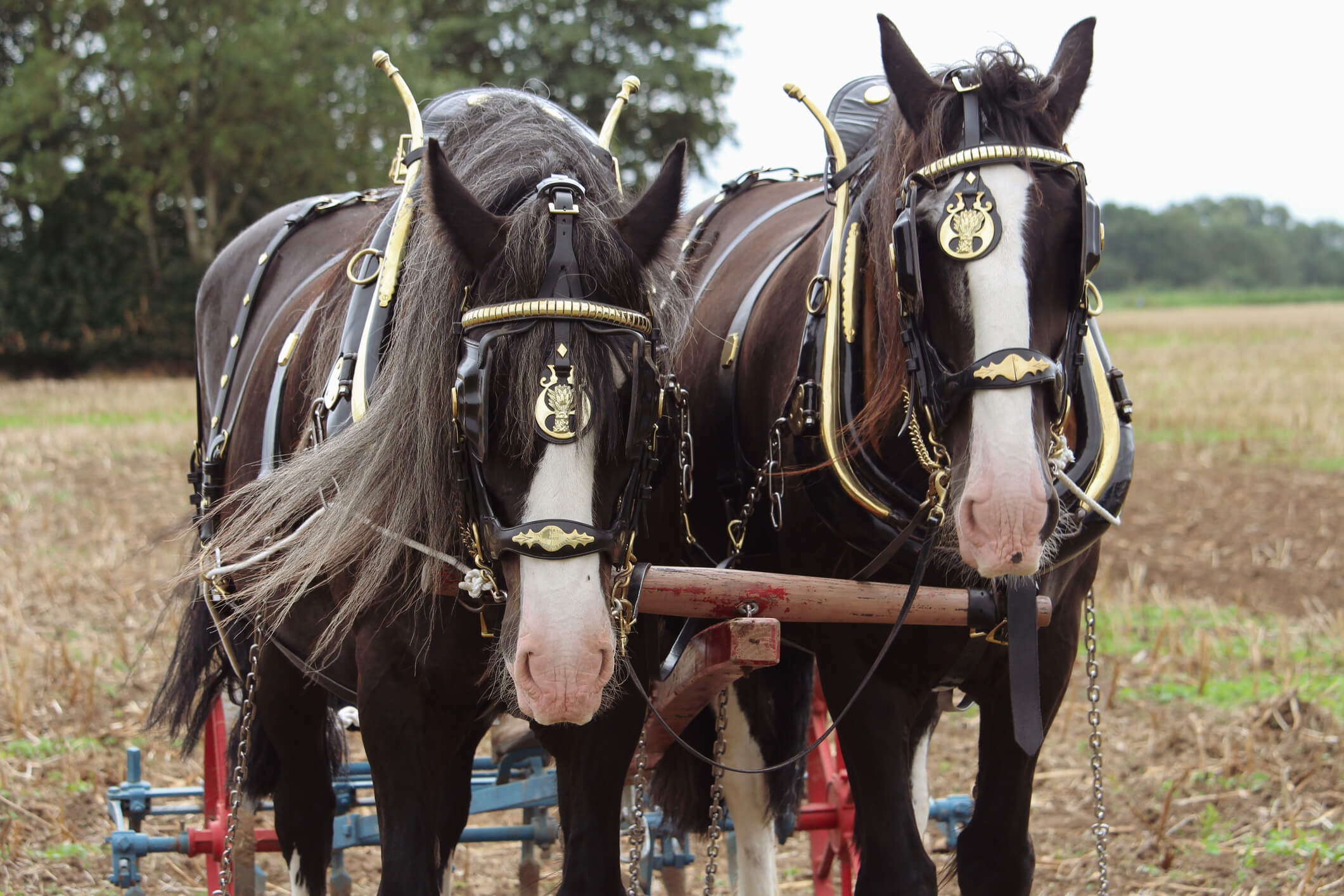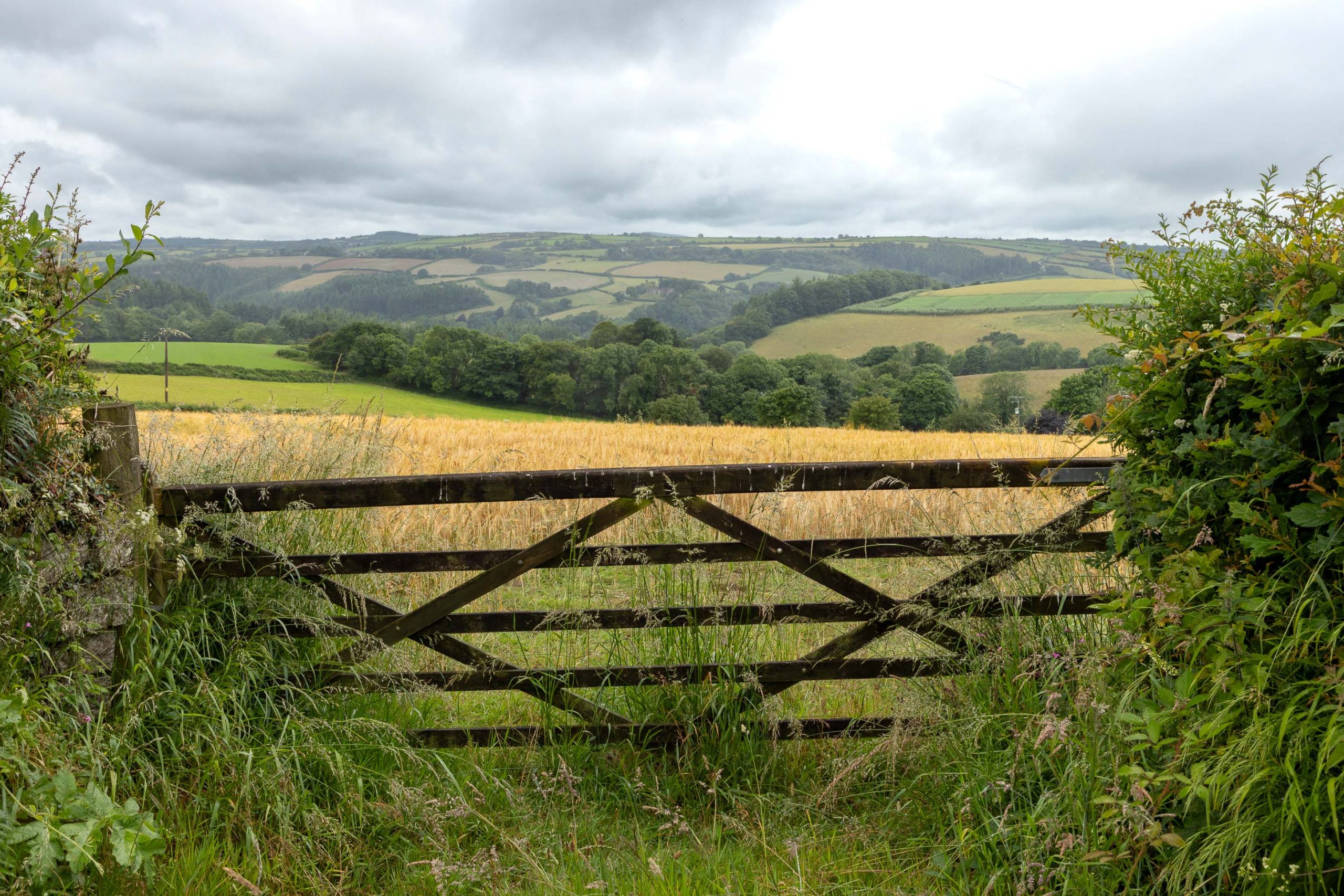About The Plough Folk Song Archive
The ambition of this website and the songs it contains is to hopefully give new life to those folk songs related to the noble and ancient craft of being a ploughman.
To sign post the folk music enthusiast to a particular niche of English folk music. This objective will have been fulfilled if the reader can discover some roads and paths towards a deeper knowledge of rural folk songs associated with the seasonal tasks of ploughing at a time when the majority of the population lived in the countryside (i.e. before 1850).


In the tapestry of English folk music ploughing songs occupy a distinctive place, reflecting the rhythms, rituals, and resilience of rural life in pre-industrial England.
These songs, often associated with the winter and the early spring ploughing season, emerged from agrarian communities where teams of horses or oxen were used to turn the earth, marking the start of the farming cycle.
Their lyrics and melodies echo the physical demands of the task, celebrate the strength and skill of the ploughmen, and invoke blessings for a fruitful harvest. In some cases, they were part of “Plough Monday” traditions; ritual performances and communal gatherings, tied to the first Monday after Epiphany.
Central to these songs is the presence of the heavy horse. The Shire, Clydesdale and Suffolk Punch are the indigenous British breeds whose historic and practical role in agriculture is often symbolised in folk verse.
The bond between man and animal, forged through long days in the field and furrow, is reflected in ballads and work songs that combine endurance with reverence.
These songs were not merely functional; they also served as oral records of rural identity, regional dialects, and working-class expressions.


As a teenager and then a student I used to belong to the English Civil War Society and I enjoyed the group singing of old English folk songs of various origins.
I used to take part in re-enactment of English civil war battles with my long standing school friend. We used to be enthusiastic pikemen of the Sir Thomas Tyledesly regiment army and along with other pikemen from our Northumbrian regiment would sing English folk songs to onlookers at battles and in pubs.
I am now approaching my seventies and have recently taken up a hobby of learning to be a ploughman, thankfully there are enthusiasts willing to teach me. It would be fun to sing some of these ploughboy songs at horse ploughing competitions and Plough Monday festivities.
Anyone out there interested in such a venture, please get in touch.
